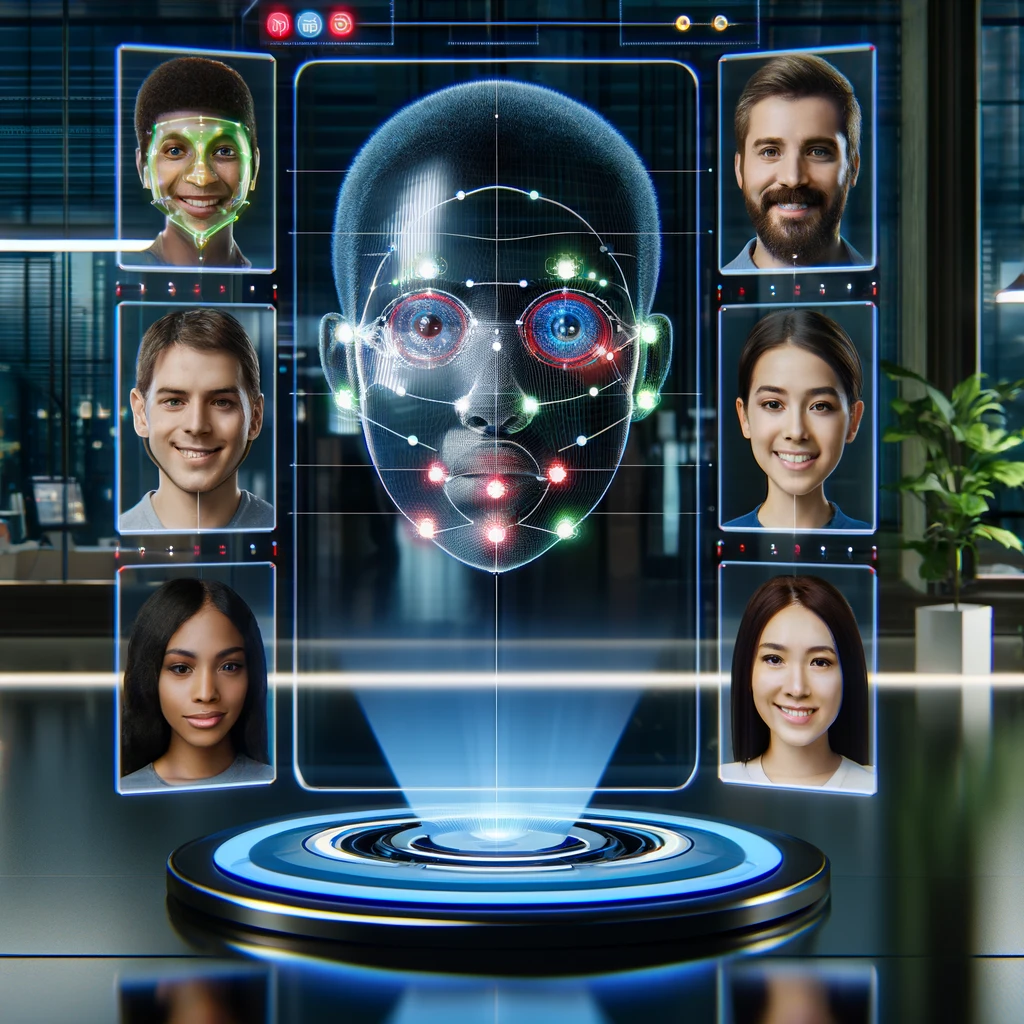In the quest for truth, technology has always played a pivotal role. The development of lie detection techniques, from polygraphs to voice stress analysis, has been a testament to this enduring pursuit. However, the advent of artificial intelligence (AI) has ushered in a new era of possibilities. Lie Detection AI, with its promise of unrivaled accuracy and objectivity, has sparked a debate that straddles the realms of science fiction and factual reality. This article delves into the state-of-the-art technology behind these systems, distinguishes between fact and fiction. And also emphasizes the ethical implications and realistic capabilities of these systems.
The Promise of AI in Lie Detection
The integration of AI into lie detection, particularly through methods such as lie detection using machine learning, represents a groundbreaking advancement in the field. Machine learning algorithms, trained on vast lie detection datasets, can analyze physiological responses and behavioral cues far beyond human capability. These algorithms are designed to identify patterns and anomalies in data that would typically go unnoticed by human investigators.
However, the effectiveness of these systems depends heavily on the quality and diversity of the lie detection dataset used for training. A dataset that encompasses a wide range of cultural backgrounds, emotional states, and scenarios can significantly enhance the system’s accuracy and reliability.
Fact vs. Fiction: The Reality of Lie Detection AI
Despite the optimistic projections, the reality of Lie Detection AI’s capabilities is more nuanced. Current technology, while advanced, does not yet match the often sensationalized portrayals in media and fiction. Lie detection using machine learning is a field of active research and development. It’s accuracy rates can improve as algorithms become more sophisticated and datasets more comprehensive. However, these systems are not infallible and can be influenced by biases present in the training data.
Ethical Considerations and Realistic Applications
The deployment of Lie Detection AI raises significant ethical concerns, particularly regarding privacy, consent, and the potential for misuse. The accuracy of such systems, while improving, is not yet at a level where they can be relied upon without human oversight. There is a risk of false positives and negatives, which can have severe implications for individuals subjected to these systems.
Moreover, the ethical use of Lie Detection AI extends beyond its accuracy. It encompasses the transparency of its deployment, the fairness of its application across different demographic groups, and the accountability of those who use it.
Moving Forward: A Focus on Ethical Use
As Lie Detection AI continues to evolve, the focus must remain on ethical considerations and responsible use. It is crucial to develop standards and regulations that ensure these technologies are used in a manner that respects individual rights and promotes fairness. Additionally, ongoing research into improving the accuracy and reliability of these systems is essential, as is the commitment to mitigating biases in training data.
The potential of Lie Detection AI is immense, offering possibilities that could revolutionize the field of lie detection. However, it is vital to approach this technology with a critical eye, recognizing both its capabilities and limitations. The ultimate goal should be to leverage AI in ways that enhance our pursuit of truth while upholding the highest ethical standards.
Conclusion
Lie Detection AI stands at the intersection of technology and ethics, offering promising advancements while posing significant challenges. As this technology advances, it is imperative to critically assess its applications, accuracy, and ethical implications. By prioritizing ethical considerations and focusing on realistic, responsible uses, we can harness the potential of Lie Detection AI to serve justice and truth in a manner that respects individual rights and societal values.




